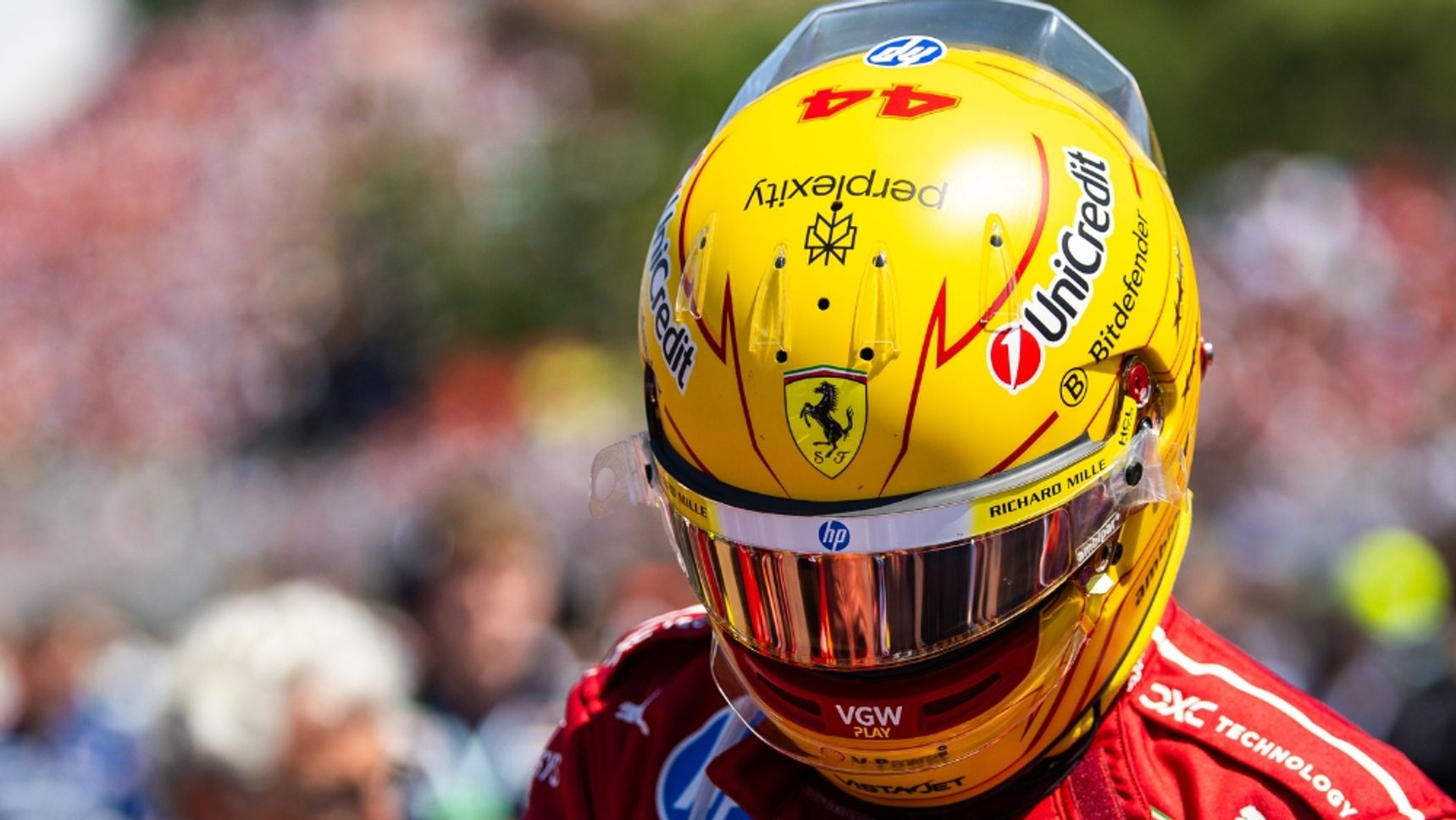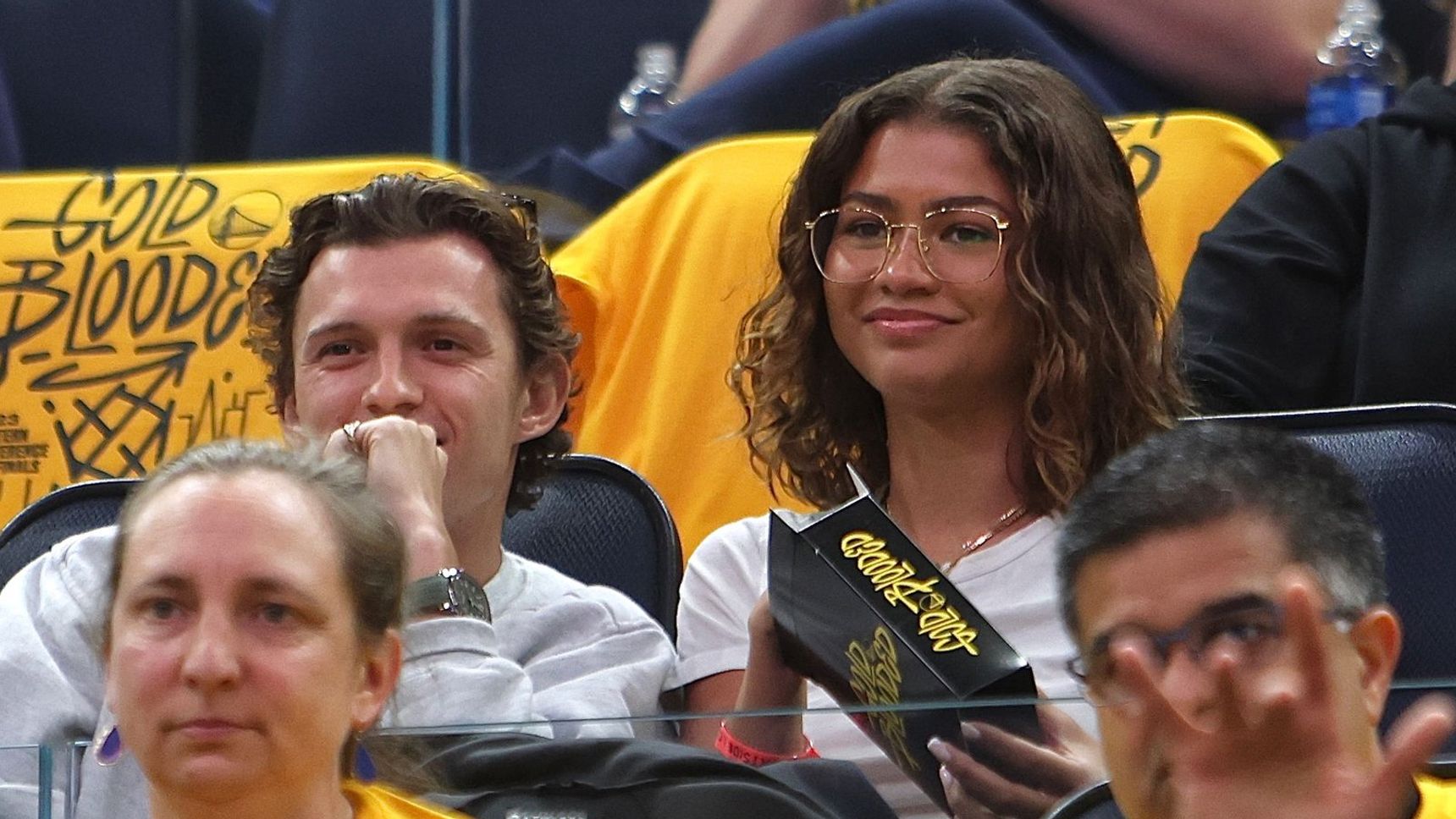
Corne Dubelaar
Business Development Sports
4 June 2025, 5 minutes
The New Arena: How LLMs Will Resurrect Sport Sponsorships
Introduction
For the last two decades, brands have competed in the digital arena—refining UX, polishing UI, optimizing funnels, and crafting seamless journeys. The interface was the battlefield, and every pixel mattered.
But a structural shift is underway. The rise of large language models (LLMs)—replaces the need to navigate websites or apps altogether. These systems don't wait for users to click. They decide.
In this new reality, the customer journey is no longer a series of interactions across a website, app, and ads. It's a single conversational prompt. A consumer might ask their preferred AI assistant, "What's the best running shoe for flat feet under $150?"—and receive one definitive answer. There is no browsing multiple tabs, no comparing five brand sites, and no scrolling through product pages.
If a consumer no longer browses, the moment of brand influence happens well before the query is typed. This shifts the center of gravity from interface design to identity—what a brand stands for, where it appears, and how deeply it's embedded in culture.

Lewis Hamilton and his perplexity branding
A new category of Sports Sponsorship
Perplexity—a rising player in the LLM space—recently partnered with seven-time Formula 1 champion Lewis Hamilton. In recent years, we have seen the rise and fall of several sports' sponsorship categories. Football has witnessed a significant increase in gambling sponsorships. Due to heavy regulations, this category is experiencing a downturn once again.
Secondly, we witnessed the rapid rise and subsequent decline of crypto partnerships. Crypto firms spent $2.4 billion on sports sponsorship in just two years, not because of audience fit, but because stadiums and broadcasts are fast lanes to mass legitimacy. AI companies will follow the same logic. The battle to become the go-to interface—the default assistant in people's lives—will be brutal.
Expect GPT-branded team kits, Claude-sponsored octagons, and logos from OpenAI, Anthropic, and Mistral to show up in places that make an emotional impact. Which football club will be the first to break the news?
How sports can shape brand identity
Why Sports Will Rise Again
Sport is also once again a more interesting proposition for the "old" brands. When your website or Google is no longer the primary place where preferences are shaped, brands will need to return to the spaces that still move people. This is where sport re-enters the frame—not as a legacy channel, but as a cultural engine with new strategic urgency.
Sport isn't just relevant—it's resurgent. In an age where monoculture is fracturing, sport remains one of the few unifying rituals. NBA jerseys are now streetwear staples. Football kits walk on runways. Courtside seats are the new front row, with celebrities—from Zendaya to Kim Kardashian—turning games into style showcases. Sport doesn't just reflect culture; it aggregates and accelerates it. For brands, that makes it more than exposure. It makes it a narrative platform.

Zendaya and Tom Holland at an NBA Game
You want your potential consumer to ask their AI assistant, "What's the best Asics running shoe for flat feet under $150?", instead of "What's the best running shoe for flat feet under $150?".
Or can Philips OneBlade be so omnipresent in sports sponsorship and influence the LLMs that Perplexity advises you to buy a OneBlade if you ask the generic question: "What's the best option for me when I want a good trimmer?"
If you know how to ride this wave, golden times are upon you if you're a business developer at a sports organization.
Get in touch